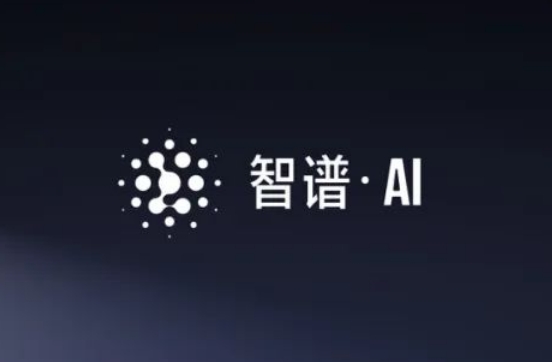At the Gemma Developer Day event held by Google in Tokyo, a significant announcement was made: the official debut of the new Japanese version of the Gemma model. This compact yet powerful AI model, with only 2 billion parameters, can handle both Japanese and English, demonstrating performance comparable to GPT-3.5.
This technological breakthrough is particularly noteworthy. In the field of AI, small models often face the challenge of "catastrophic forgetting" when learning new languages—losing previously acquired abilities while gaining new knowledge. However, the Japanese version of Gemma has successfully overcome this issue, achieving a perfect balance of bilingual capabilities.

To promote participation from the global developer community, Google has not only opened up model weights through platforms like Kaggle and Hugging Face but also provided complete training materials and sample codes. Thanks to its streamlined design, this model can even run locally on mobile devices, opening up new possibilities for edge computing applications.
Google has also launched a $150,000 "Gemma Global Communication Unlocking" competition, encouraging developers to adapt Gemma to more languages. Currently, adaptation projects for Arabic, Vietnamese, and Zulu are already underway. Meanwhile, India's "Navarasa" project is working to support 12 Indian languages, and another team is exploring optimizations for Korean dialects.
As the latest member of Google's open-source Gemma2 series released in late July, this model adheres to the design philosophy of "small but mighty." Like similar products from companies such as Meta, it emphasizes efficiency and localized processing capabilities. Notably, this 2-billion-parameter model outperforms the 70-billion-parameter LLaMA-2 in certain tasks.
Developers and researchers can access Gemma-2-2B and other models in the Gemma series for free through multiple platforms including Hugging Face, Google AI Studio, and Google Colab, and these models are also available on the Vertex AI model marketplace. These initiatives will bring more innovative possibilities to global AI developers.









